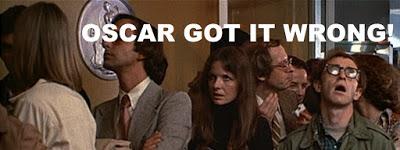William Wyler: Dodsworth
Robert Z. Leonard: The Great Ziegfeld
Frank Capra: Mr. Deeds Goes to Town (winner)
Gregory La Cava: My Man Godfrey
W. S. Van Dyke: San Francisco
What’s Missing
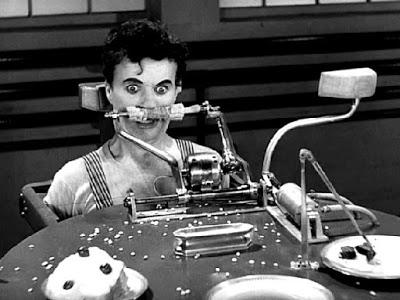
Sometimes I think the older years in Oscars history are a little tougher for me because there are a lot of movies I haven’t seen. Then I realize that this is true of every year. There is some room for improvement for Best Director 1936, or at least some room for argument. I’ll put up Jack Conway for Libeled Lady only because I like the film and I think the story is well told. Musicals were big business in 1936 and I love the way Swing Time is shot, so I’ll toss out George Stevens as well. I don’t know that Richard Boleslawski deserves a mention for Theodora Goes Wild, although it is my favorite unknown movie from 1936. The biggest miss is Chaplin for Modern Times.
Weeding through the Nominees
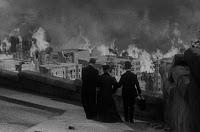
5. There is a temptation on my end to put San Francisco higher than last place based on the earthquake sequences at the end. The problem is that I was completely bored by everything that happened until we get to the earthquake. There’s some great work toward the end of this movie, and the disaster part as almost certainly what made this the highest-grossing film of its year. But if you want an Oscar, you need to have a movie that is stultifying for 75% of its running time. I’d rather see Chaplin in the mix.
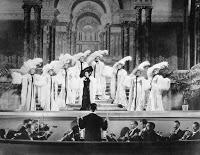
4. It’s much the same story with The Great Ziegfeld and Robert Z. Leonard. This is a movie that is simultaneously too long and not long enough. It tells a two hour story in three hours, and even in saying that, there’s a lot that doesn’t seem to get a lot of play. The musical numbers, and it feels strange for me to be the one saying this, are by far the best and best directed parts of the film. When we’re on stage, this is entertaining and filled with spectacle. When we’re dealing with Ziegfeld’s life, it’s a snore.
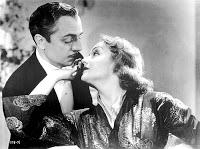
3. It may seem like I’m gunning for poor William Powell by putting the two films he was in third and fourth, but My Man Godfrey isn’t going to get any higher than here for me, and I’m not sure it really deserves to be this high. The problem is that either La Cava didn’t have the guts to stick with the story he was telling or he bowed to studio pressure. My Man Godfrey, while being a comedy, could have offered keen insight on how people were surviving in the Depression. It doesn’t, though. It falls into typically Hollywood happy ending and spoils everything that it had potentially built up. It may not have been La Cava’s choice, but it’s ultimately La Cava’s blame.
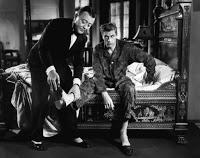
2. As is often the case with Frank Capra’s films, Mr. Deeds Goes to Town is almost frustratingly naïve in its outlook and the story it tells. However, Capra tells this story really well when he wants to, and he does it pretty well with this. Even if the premise is ridiculous in many ways and even if the story is incredibly sappy, it mostly works. If nothing else, despite its simplicity and naivety, it’s sweet and the story has a clear path from beginning to end. I get why it won, even if it’s not my choice.
My Choice
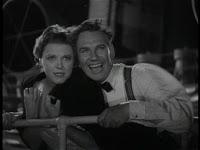
1. I think the real winner here is William Wyler and Dodsworth. The reason for this is incredibly simple. Dodsworth is the story of a fabulously wealthy man going through essentially a mid-life crisis. This should be the most self-indulgent, navel-gazing film possible, especially in a world crushed by an unprecedented financial depression. And yet, it works and it still works. In fact, it might even work better today than it did in 1936. There’s no reason that this should be compelling or that we should give a shit about anyone involved, and yet the movie is still a story beautifully told and completely compelling. Wyler made this happen, and Wyler should get some solid credit for it.
Final Analysis
